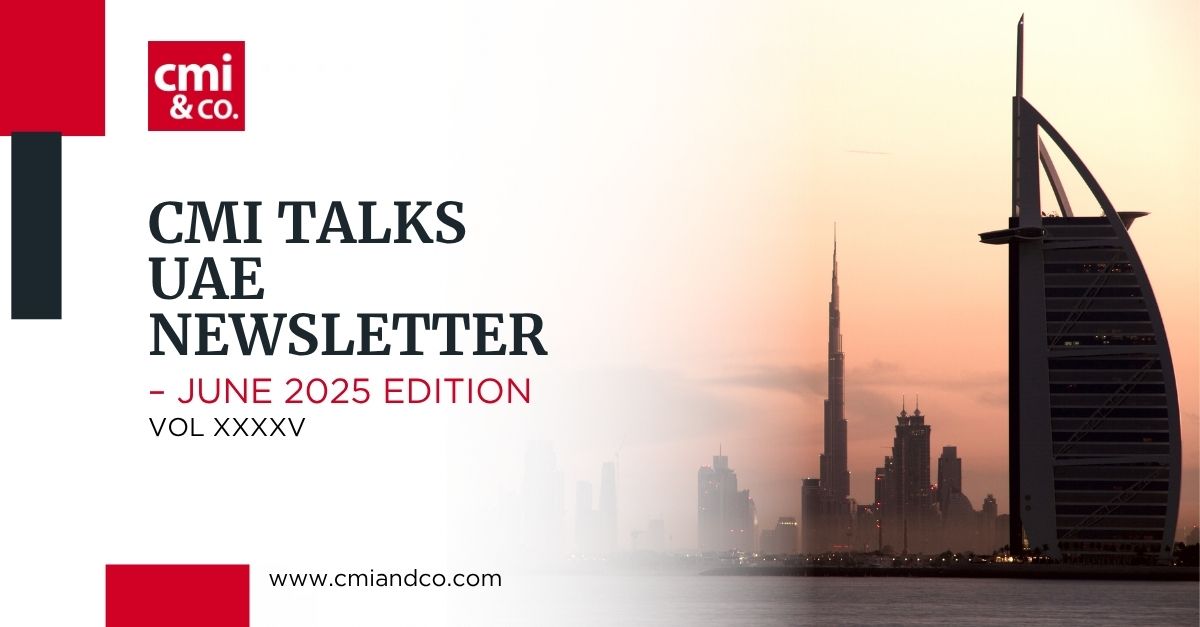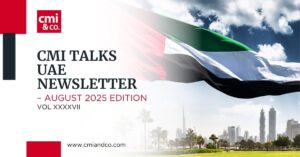Dubai Introduces Stricter Health Checks for Work, Residency & Driving Licenses from July 2025
The Law No.(5) of 2025 on Public Health issued by His Highness Sheikh Mohammed bin Rashid Al Maktoum back in April is set to take effect at the end of July 2025.
Key Takeaways
- The new health regulations aim to improve public health by addressing issues related to substance abuse, promoting healthier lifestyles, and ensuring that medical examinations for work, residency, and driving licenses are in line with the UAE’s public health objectives.
- Under the new law, authorities will regulate health standards, including pre-employment medical exams, residency medical checks, and the issuance of driving licenses.
- The Dubai Health Authority (DHA) will be responsible for health policies, public education campaigns, vaccinations, mental health, elderly care, addiction awareness, patient rights, privacy protection, and medical malpractice oversight.
- Violations of the law will incur fines ranging from AED 500 to AED 1,000,000. Repeat offenders within one year risk fines up to AED 2,000,000 based on Executive Council resolutions.
UAE releases new MAP guidance on double taxation.
The UAE Ministry of Finance has issued Mutual Agreement Procedure (MAP) guidance to provide clarity and guidance to taxpayers on the eligibility of MAP, the MAP process and the information required for a MAP claim.
Key Takeaways
- The MAP is a formal process that allows UAE taxpayers to resolve cross-border tax disputes-especially in cases involving transfer pricing adjustments or disagreements over whether a permanent establishment exists in another country.
- Taxpayers generally have 3 years from when they become aware of potential double taxation to file a MAP claim.
- The UAE’s tax authority aims to resolve MAP cases within OECD-recommended timeframes, depending on the cooperation of the other country’s tax authority and timely data from the taxpayer.
- This move reaffirms the Ministry’s commitment to transparency and tax certainty in line with international standards and gives businesses greater clarity on resolving tax conflicts across jurisdictions.
UAE Sets 2030 Goal for More Emiratis in Insurance Sector.
The UAE Ministry of State for Financial Affairs has set a new objective by 2030, Emirati nationals should occupy between 50% to 60% of positions in the insurance sector, depending on the size of the company.
Key Takeaways
- It also mandates the employment of at least one Emirati annually in occupations with two to 19 employees, as well as a 30 per cent localisation rate in occupations with 20 or more employees, 45 per cent in critical roles, and 30 per cent in direct leadership positions such as CEOs or general managers.
- To ensure compliance and prevent fraudulent Emiratisation practices, the Central Bank established a dedicated Supervision and Inspection Unit. This Unit has the authority to impose fines of AED 60,000 against companies found missing Emirati employees, calculated as AED 20,000 per violation point.
- As of June 01, 2025, the UAE insurance sector employs 2159 Emiratis out of 9773 employees, equating to an Emiratisation rate of 22.09%. This marks an increase from 13.34 per cent in 2022 and 21.64 per cent in 2024.
- The push includes major investments in upskilling local talent.
Abu Dhabi Introduces Key Amendments to Real Estate Regulatory Framework.
Abu Dhabi’s Department of Municipalities and Transport (DMT) has issued updates regarding the real estate sectors in the Emirates.
Key Takeaways:
- Developers have the right to unilaterally terminate off-plan sale and purchase agreements if the buyer fails to fulfil their obligations, provided specific procedures are followed by the developer to obtain the approval from Abu Dhabi Real Estate Centre (ADREC).
- This eliminates the need to resort to courts or arbitration, enabling a more flexible and rapid mechanism that mitigates potential disputes, enhances market efficiency and diversification, and reduces investment risks.
- The update covers the formation of Owners’ Committees instead of Owners’ Associations. The formation and functioning of these committees will be governed by decisions issued by the Chairman of the Department of Municipalities and Transport (DMT), with their role limited to advisory and oversight duties.
- The update also states that the Schedule of Violations and administrative fines will be defined by a resolution issued by the Chairman of the DMT, following the approval of the Abu Dhabi Executive Council.




